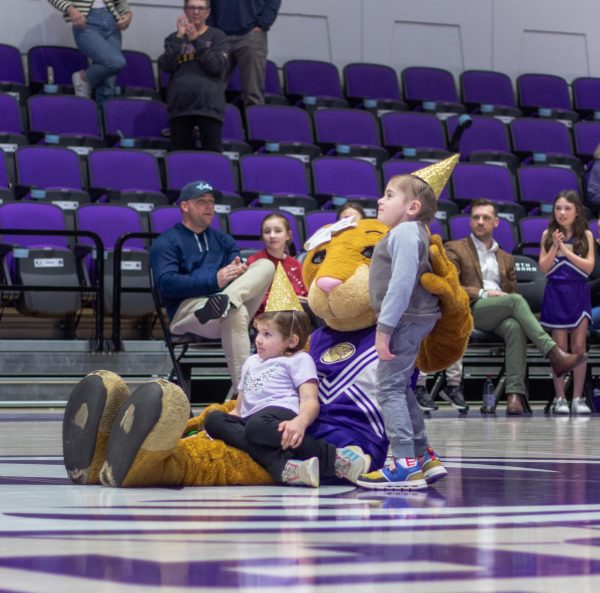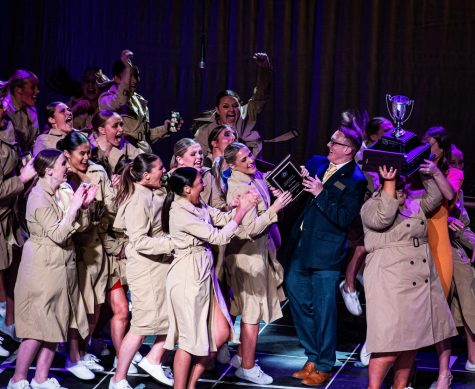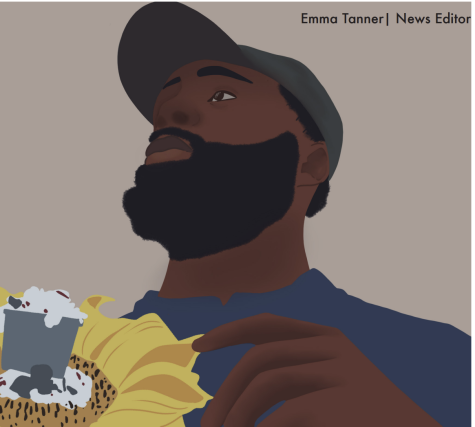Faculty Senate deems course evaluations ‘invalid’ and ‘inadequate’
November 19, 2014
The end of the term brings course evaluations and gives students the chance to rate their professor’s performances in the classroom and the relevancy of the course information.
The Course Evaluation Committee is currently looking at evaluation methods that other universities are using, but for this semester returning students can expect to see the same evaluations they completed in the past, said Assistant Professor of Psychology Gabriela Carrasco, chair of the committee.
According to the minutes from the March 7 Faculty Senate Meeting, the Senate declared, “The current evaluation instrument to be invalid and inadequate for the needs of the university.”
The Senate has since created a committee consisting of faculty, administration and staff to find a new professor evaluation method for UNA.
“That proposal was something that we were giving to President William Cale, and what he did with Vice President for Academic Affairs John Thornell was create a committee that was going to look at the course evaluations,” Carrasco said.
Carrasco said the evaluations need to provide the students the opportunity to give feedback to the professor and to the university about the course. The evaluations also need to give the professor the opportunity to correct anything that he or she is doing ineffectively, she said.
“I think it is important for professors to get input from their students, just to know how they’re doing,” said junior Danielle Stokes.
Currently, students complete evaluations during last three to four weeks of each semester. Students rate statements about the professor’s knowledge of the course information, and the relevancy of the textbook and class materials. Students rate the statement from “A – strongly agree” to “E – strongly disagree.”
The information is presented to the professors after grades have been turned in at the end of the semester, and the evaluations are completely anonymous, Carrasco said.
She said the scores of each professor are compared to the average of the other professors in his or her department as well as to the university’s score as a whole.
“I don’t think that it is the best system that we can create,” Carrasco said. “I think it’s a system that we’ve used, and it’s easy because it’s a number,” I don’t think that it’s really providing the students opportunity for feedback and giving the instructors the feedback that they need to correct things.”
Students said they believe that the course evaluation is important, but it is also flawed.
“I think that everyone is too nice on the evaluation,” Stokes said. “People know the routine. They just mark it to get it done faster.”
Sophomore Drake Vaccarro said the course evaluations are important for the professors and for the university, but that an online evaluation might work better.
Vaccarro said if the evaluations were specifically designed to examine individual departments, they would likely be more beneficial.











